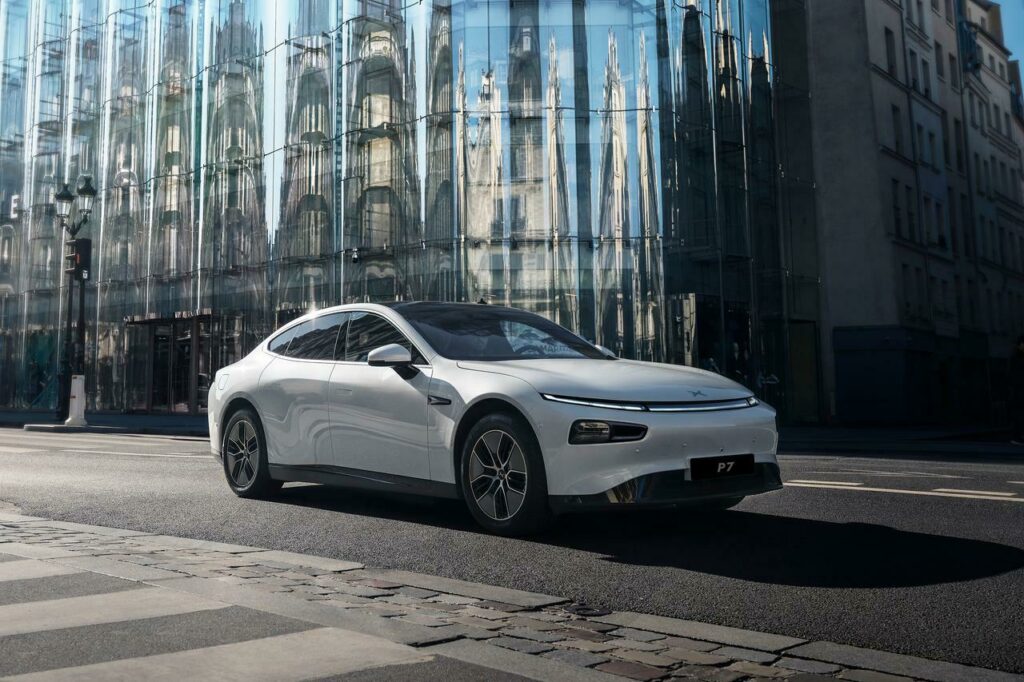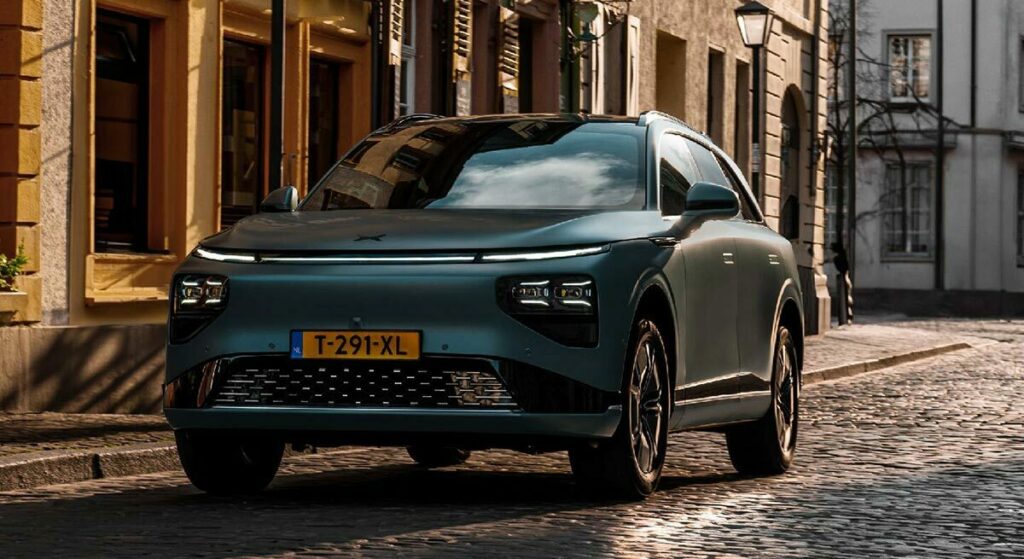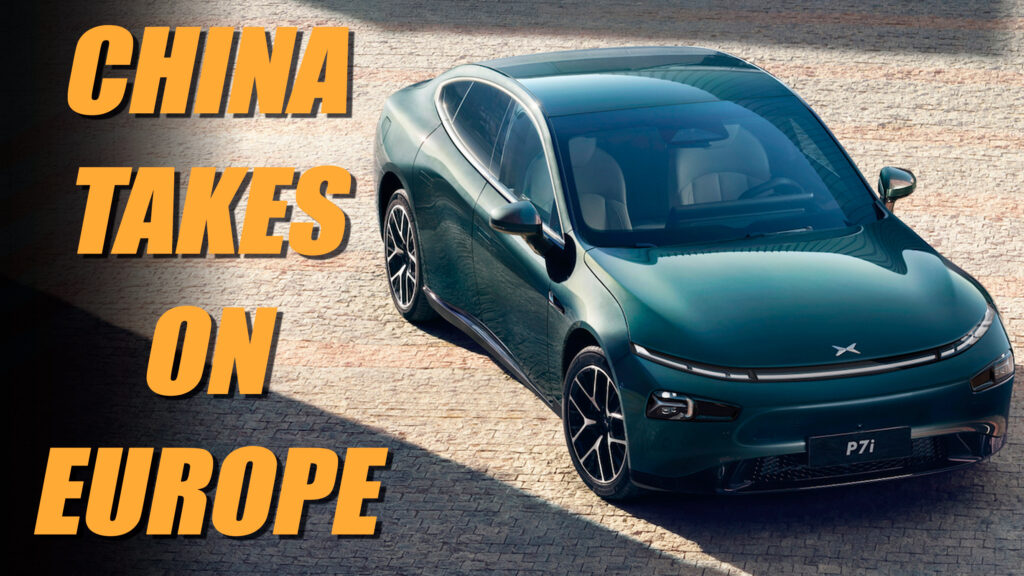- If EU tariffs are approved, Xpeng will be slapped with an additional 21.3% surtax.
- The brand also sees the US as an important market but can’t launch locally, at least not yet.
- Xpeng is open to contract manufacturing in Europe.
Xpeng may look to skirt European tariffs applied to Chinese-built EVs by localizing production on the continent.
The Chinese EV startup is embarking on a huge worldwide expansion, kicking off sales in almost 40 new countries in 2024 alone. These include many nations across Europe but also in markets like Thailand, Malaysia, Singapore, the United Arab Emirates, and Australia. European Union members will vote on imposing definitive new tariffs on Chinese EVs this week, and if the taxes are passed, Xpeng will be slapped with an additional 21.3% tariff on top of the existing 10% it already pays.
Read: Xpeng P7+ Is The Latest Ultra-Efficient EV From China
While recently speaking with Bloomberg, Xpeng vice chairman and co-president Brian Gu noted plans for European production are indeed in the works, but are still at an early stage.
“We’re looking at multiple options, ranging from contract manufacturing to working with existing plants, or even thinking about [new] plants,” he said. “But those are still very preliminary.”
According to Gu, Xpeng wants to be a leader in Europe and needs to prioritize the needs and wants of local customers. For example, European buyers consider good navigation tools as more desirable than the multimedia functions that Chinese buyers want.

“Being more local is not only because of the tariffs,” Gu added. “As a company, [we have] to aspire to be a leader in a market like Europe. We have to think about becoming more local. We have to have a more local team to build a more local brand, and also have more local presence.”
Xpeng is also interested in the US market, but it’s unclear when, or if, the firm will be able to enter.
“The US market is a very important market, and also a market that’s ripe for technology innovation,” Gu noted. “But right now, the policy is evolving and also making it challenging for Chinese companies to enter.”




